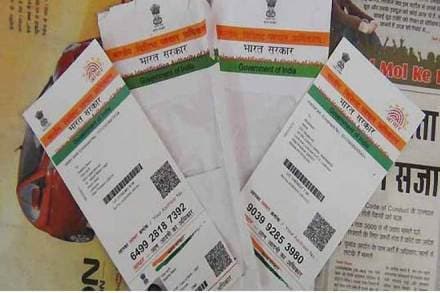This year’s Union Budget was unveiled with the announcement that senior citizens will get Aadhaar-based smart cards and earn 8% interest rate through savings in LIC. This is in alignment with the government’s vision to bring more people to the digital age. The country is also shortly going to see the initiation of Aadhaar-enabled payment systems, with 20 lakh POS machines to be installed by September this year.
From the time Aadhaar was launched, the government has been upgrading it, tying it with several platforms for easy identification of the user and more. Government benefits and welfare schemes such as MNREGA, cooking gas, pension, Jan Dhan account, etc. are extended to individuals through Aadhaar-based identification.
Through this article, we will look at the features and benefits of Aadhaar-based health smart cards.
What is an Aadhaar-based smart card?
An Aadhaar-based smart card would be designed for senior citizens to store and feature health information along with other personal details through registration of biometric data. The card can be updated after every treatment and the details can be shared with medical experts by keying in the Aadhaar number and biometric password.
What are the benefits?
Such initiatives would urge more people to enroll for Aadhaar, widening the biometric database and bringing more people to a digital platform, especially individuals living in semi-urban and rural regions who do not have access to high-tech devices.
With all personal, financial and health details uploaded on a single platform, treatment and transactions would be paperless and frictionless, eliminating the need to maintain any medical file or carry cash or even plastic money for that matter.
In case of a health emergency, a senior citizen could key in his biometric details to share his medical history with the doctor and also pay for his treatment. One can carry out a hassle-free transaction through an Aadhaar-linked payment system by having it linked with a regular income or pension. This would help in availing timely treatment.
With the health information stored and constantly updating on the smart card, life and health insurance companies could refer to the details to determine the cover for an individual based on it. This could even reduce the health insurance premium for one. The instrument would also feature health insurance-related information.
You may also like to watch this video
With all health and personal details stored in a government biometric data base, the information would be considered authentic across all platforms, thus helping you seek subsidized treatment or support from NGOs where necessary.
The smart card would also allow senior citizens to accumulate the interest they earn on any investment made towards Life Insurance Corporation of India.
(The author is CEO, BankBazaar.com)
